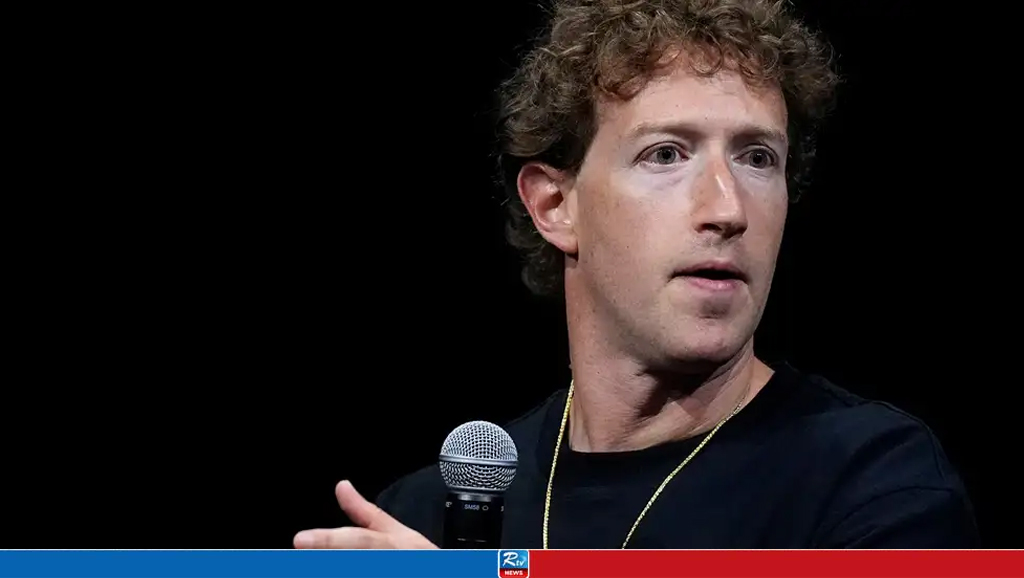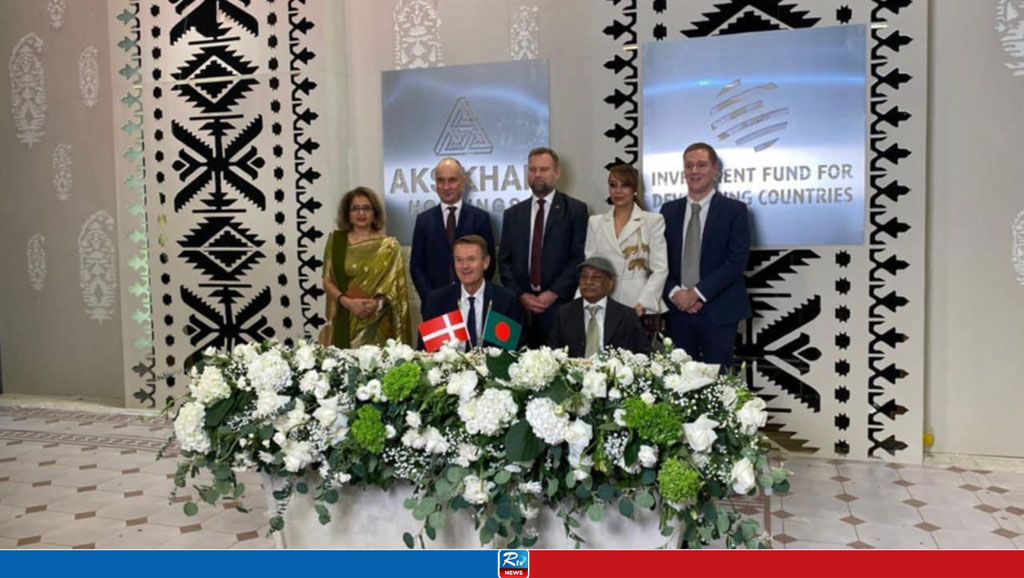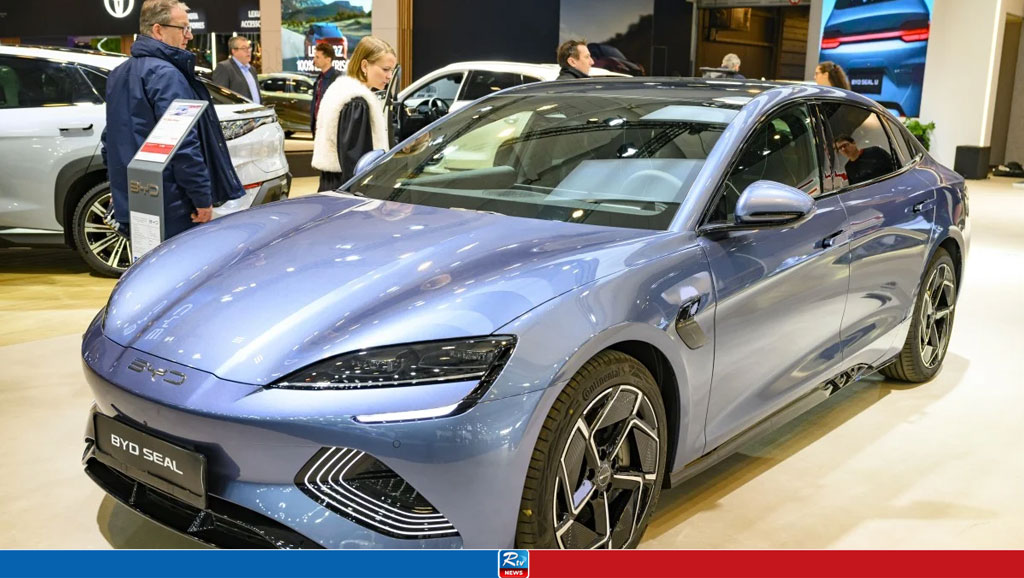EU provisionally agrees first AI regulations

The negotiations lasted more than 36 hours saw stiff debate over AI for facial recognition surveillance. The deal comes at a time when companies such as OpenAI are surging ahead.
European Union member states and lawmakers reached a preliminary agreement on what they touted as the world's first comprehensive AI legislation on Friday.
This landmark deal aims to regulate artificial intelligence (AI) technologies, including ChatGPT and governments' use of AI in biometric surveillance.
According to the European Parliament the new deal sets a global precedent as the world's first AI law, with the EU poised to be the first major region to implement such laws.
"Historic! The EU becomes the very first continent to set clear rules for the use of AI," EU Commissioner Thierry Breton, said on social media. "The AI Act is much more than a rulebook — it's a launch pad for EU startups and researchers to lead the global AI race."
European Commission President Ursula von der Leyen heralded the "global first" AI Act "for the safety and fundamental rights of people and businesses."
The agreement is sure to draw close attention from AI companies as various global players mull similar regulations.
What are the provisions of the deal?
The EU set global standards as it drafted the first rules of AI regulations in 2021.
The latest deal took shape after nearly 15 hours of talks, which followed an almost 24-hour debate the previous day.
One of the key sticking points was the use of AI for facial recognition surveillance and required intense negotiations.
The agreement includes provisions for transparency, safeguards, and severe penalties for non-compliance — with fines up to €35 million ($38 million) or 7% of a company's global revenue.
The final legislation will be worked out in the coming days and Brussels hopes it could come into force by 2025.
AI comes under scanner
Europe's AI rules come at a time when companies such as OpenAI continue to develop their large language models and other projects. Google owner Alphabet launched a new AI model, Gemini, on Thursday.
Globally governments are looking to balance advantages of AI technology with the need for checks and balances.
In October, US President Joe Biden signed an executive order on AI safety standards, which followed China's regulating generative AI in August.
The EU negotiators are wary that too much regulations would roadblock European companies such as Germany's Aleph Alpha or France's Mistral AI ability to take on global competition.
Comments
UNGA President, Dr. Khalilur Rahman Discuss 2025 Rohingya Conference

BSF Reports: / Muslims, Not Hindus, Flocked to India from Bangladesh After August

Pakistani Girls from Dawoodi Bohra community Continue to Grapple with Secretive Practice of FGM: Report

Pakistan Hikes Petrol, Diesel Prices Amid Public Outcry over Inflation

13 Soldiers Killed in Armed Attacks, BLA and BLF Claim Responsibility

Gold Prices Surge to Two-Week High, Reasons Revealed

Thousands Evacuate over Volcanic Eruption Fears in Ethiopia


 Live Tv
Live Tv




